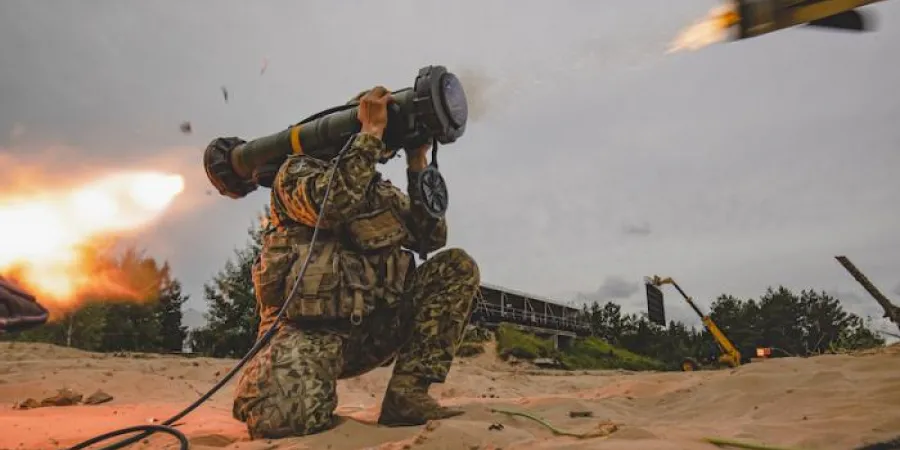Rafael’s major Spike missile deal with Greece: additional details revealed
The total value of the transaction stands at 335 million euros, of which 280 million euros are intended for the army units and 55 million euros for the Greek Navy
Eyal Boguslavsky
|
20/12/2022
The Greek media has recently been dealing with the details of the deal for the purchase of NLOS Spike missile systems worth hundreds of millions of euros for the Greek army, reported earlier this month. According to the Greek website Ellinikos Stratos, the total value of the transaction reaches 335 million euros, of which 280 million euros are intended for the army units and 55 million euros for the Greek Navy.
Greece asked to receive 17 simulation systems designed for training and instruction. Israel offered 4 systems and eventually it was agreed to supply 8 such systems.
The report further notes that Rafael is not the only Israeli company to benefit from this agreement. It turns out, that the Greek army decided to choose Sandcat vehicles from the Israeli company Plasan, as the vehicles on which the spike missile systems for the ground units will be installed. This makes the Greek army the only one in NATO that uses Sandcat vehicles.
Plasan refused to respond to this news.
Along with the Spike systems, the Greek army is also purchasing a number of Orbiter UASs manufactured by Aeronautics intended to be used for the purpose of acquiring targets and receiving accurate depth intelligence.
17 Spike missile systems will be installed on vehicles of anti-tank companies of the Greek infantry units stationed in the Avros region (Northeastern Greece on the border with Turkey and Bulgaria) and on islands along the Turkish coast. The Greek Air Force will equip 9 Apache AH-64A helicopters out of fleet of 19 in the force, which are supposed to be upgraded (mainly avionics) by Elbit Systems. The Greek Navy is expected to mount Spike NLOS systems on MK V and Fighter battleships.
The total value of the transaction stands at 335 million euros, of which 280 million euros are intended for the army units and 55 million euros for the Greek Navy
The Greek media has recently been dealing with the details of the deal for the purchase of NLOS Spike missile systems worth hundreds of millions of euros for the Greek army, reported earlier this month. According to the Greek website Ellinikos Stratos, the total value of the transaction reaches 335 million euros, of which 280 million euros are intended for the army units and 55 million euros for the Greek Navy.
Greece asked to receive 17 simulation systems designed for training and instruction. Israel offered 4 systems and eventually it was agreed to supply 8 such systems.
The report further notes that Rafael is not the only Israeli company to benefit from this agreement. It turns out, that the Greek army decided to choose Sandcat vehicles from the Israeli company Plasan, as the vehicles on which the spike missile systems for the ground units will be installed. This makes the Greek army the only one in NATO that uses Sandcat vehicles.
Plasan refused to respond to this news.
Along with the Spike systems, the Greek army is also purchasing a number of Orbiter UASs manufactured by Aeronautics intended to be used for the purpose of acquiring targets and receiving accurate depth intelligence.
17 Spike missile systems will be installed on vehicles of anti-tank companies of the Greek infantry units stationed in the Avros region (Northeastern Greece on the border with Turkey and Bulgaria) and on islands along the Turkish coast. The Greek Air Force will equip 9 Apache AH-64A helicopters out of fleet of 19 in the force, which are supposed to be upgraded (mainly avionics) by Elbit Systems. The Greek Navy is expected to mount Spike NLOS systems on MK V and Fighter battleships.



